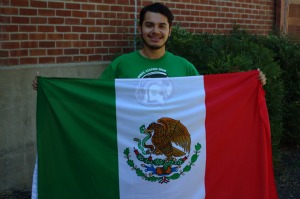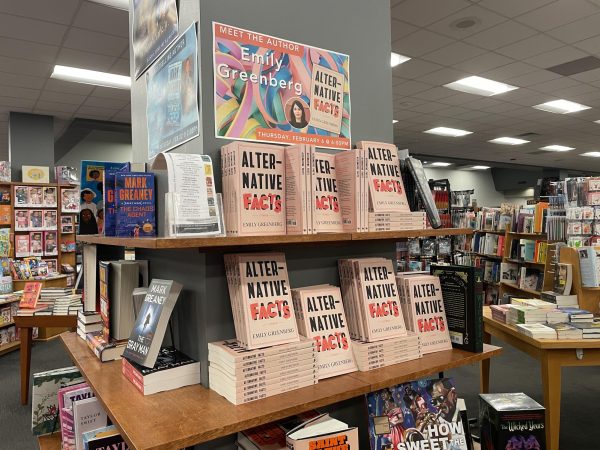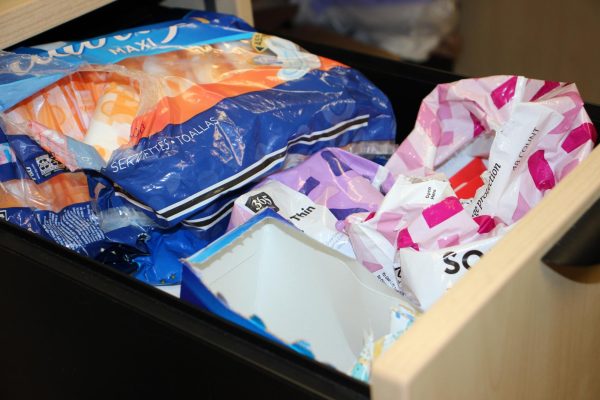Stereotypes: Hispanic immigration

Immigration has always been a part of American history. Unfortunately, the racism bundled with it has as well.
What has changed is the target. The Irish, Chinese, Italians and many others have each had their turn under the spotlight of bigotry, and in the modern era Hispanics have become the ones with a bullseye on their backs.
America has seen increased immigration from Latin America since the mid-1900s, with the racism increasing accordingly. But the racism has spiked recently with the election season. The Republican party has made illegal immigration a major talking point. This has led to some terrible bigotry- presidential candidate Donald Trump has made comments implying all Mexican immigrants are drug dealers and rapists.
“Illegal immigration is the huge tag on most Hispanic people- it’s like you see a Hispanic you automatically think ‘Okay, that guy’s gonna be illegal. That guy doesn’t have his papers. That guy doesn’t belong here.’ That’s just wrong. They might be illegal, but you can never tell right off the bat,” Leodan Rodriguez (11) said.
The issue isn’t just a national debate topic. There are students at White Station who have had to deal with this type of racism throughout their lives.
“A classmate of mine, he called me a wetback. It was upsetting, not because the term doesn’t apply to me, but because he meant it. He meant to upset me,” Rosa Perez (12) said.
Wetback is a derogatory term for Hispanic immigrants which comes from the implication that Mexicans crossing the border into America cross the Rio Grande river in Texas. It can be unfairly thrown on anyone who looks Hispanic regardless of their actual legal status.
Unfortunately, this was only one of two verbal degradations that Perez experienced at her middle school.
“[A girl asked] why are you eating with a fork? Aren’t you supposed to be eating with your hands? You’re Mexican,” Perez said.
Perez hasn’t been subjected to similar comments since coming to White Station. Her story is a clear example of malicious and obvious racism, but it doesn’t always take such a distinct form. Usually it’s found hidden inside of a joke, making it harder to recognize as wrong.
“It’s kind of surprising how we’ve gone to a point in history, or a point in time now that you know you can joke about a race or you can joke about a heritage and it can be seen comically…A lot of my friends, they’ll come up to me and go ‘You, get out of my country,’” Rodriguez said.
He feels that these jokes aren’t necessarily a problem. It’s the meaning behind them that matters.
It’s important to remember that we are all descendants of immigrants, leaving no room for racial slurs and derogatory treatment.
“If you go to every person in [anyone’s] lineage there has to be somebody from a different place,” Rodriguez said.
Your donation will support the student journalists of White Station High School. Your contribution will allow us to purchase equipment and cover our annual website hosting costs.





































